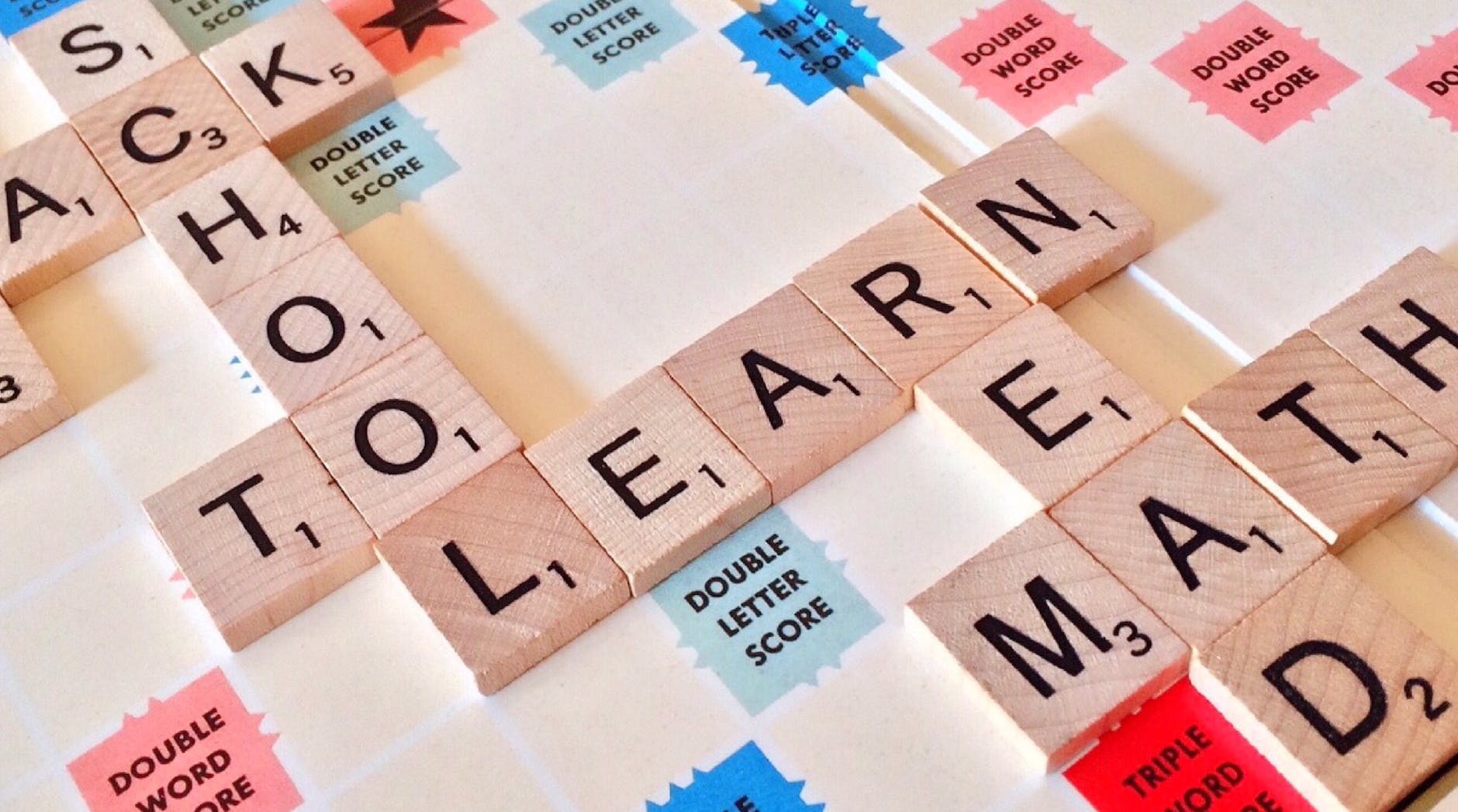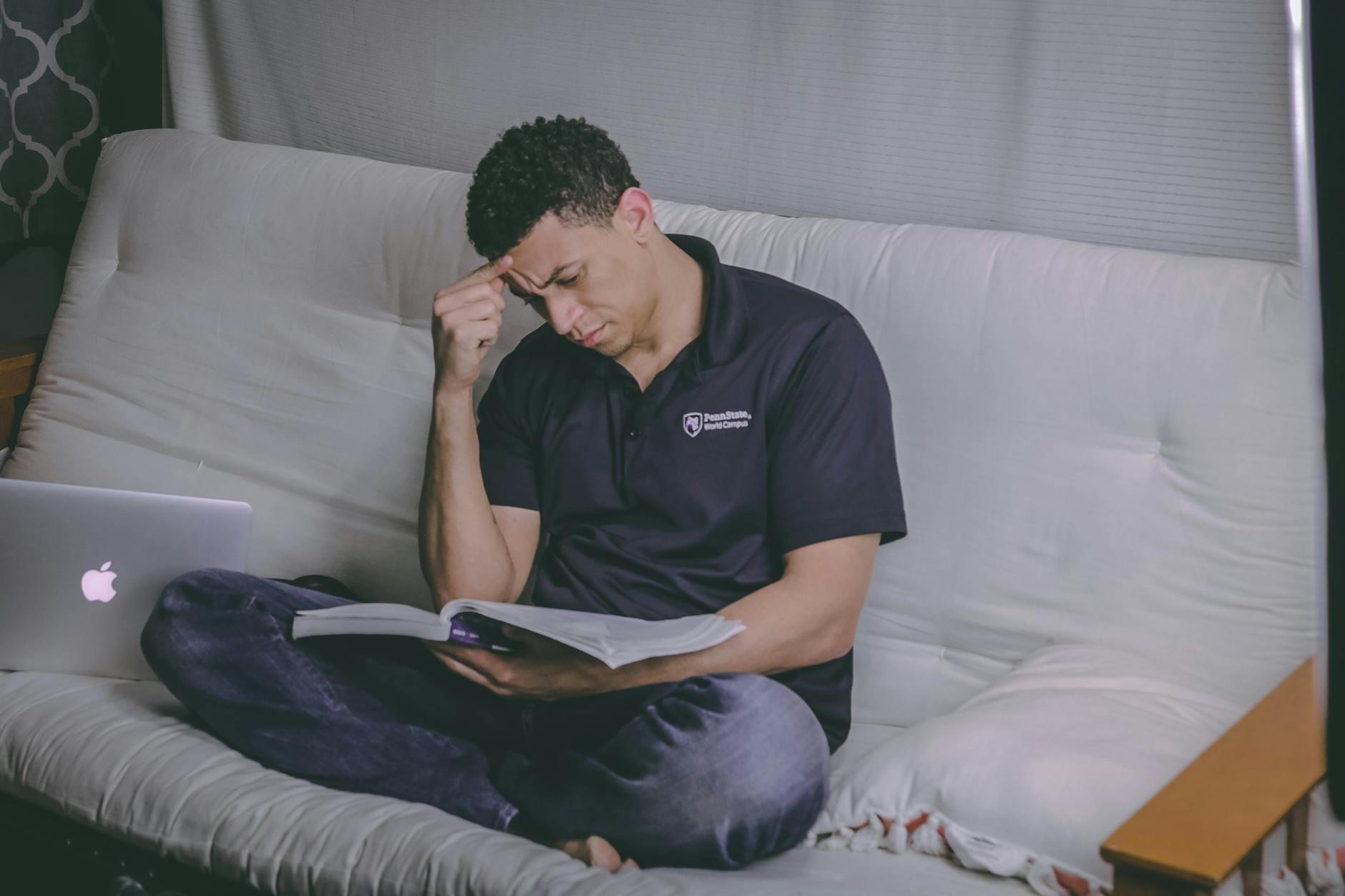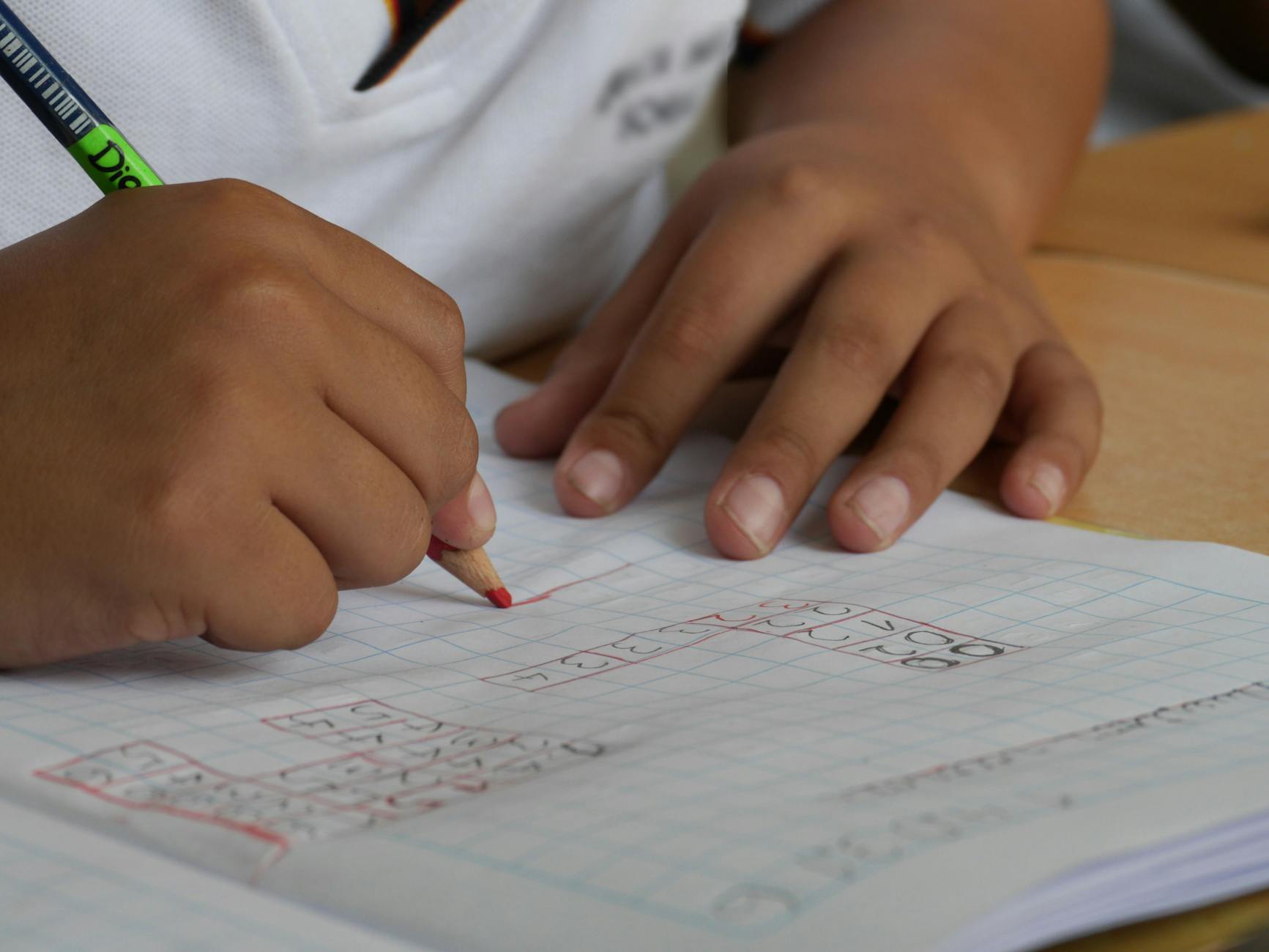Competitive exams often feel like a maze, with each twist and turn presenting a new challenge. Among these challenges, puzzle questions hold a special place.
They’re not just tests of knowledge; they’re exercises for the brain, pushing you to think in new, creative ways.

The joy of solving these puzzles via resources like a Year Based Puzzle PDF isn’t just in the triumph of finding the right answer; it’s in the journey of getting there.
As such, this post explores their cognitive benefits.
The Brain-Boosting Power of Puzzles
Puzzles test our mind’s agility. They amp up our analytical prowess, sharpen the memory, and help us achieve our cognitive potential.
Enhanced Problem-Solving Skills
Every time you solve a problem, you train your brain to think critically and creatively. It’s like a workout for your mind, strengthening your ability to analyze complex problems and find innovative solutions.
Improved Memory and Concentration
They demand attention to detail and an ability to hold multiple pieces of information in your mind at once. This mental juggling act can enhance memory and sharpen your focus.
Increased Cognitive Flexibility
Tackling these questions helps develop cognitive flexibility – the ability to adapt your thinking to new and unexpected situations. It’s a skill that’s invaluable not just in exams but in every aspect of life.
Navigating the Maze of Year-Based Puzzles
When studying for exams, it is essential to study in a sequential order. This helps bring more clarity through a story-based approach.
But how to do it?
The Challenge of Year-Based Puzzle PDF
Among the various types, year-based puzzles hold a unique place. They require you to sift through a timeline of events, often presented in a jumbled order.

Solving these problems is like unraveling a story, piece by piece, until the narrative makes perfect sense.
A Journey Through Time
They are more than just memory tests; they’re exercises in logical sequencing and chronological analysis.
Year-based puzzles encourage you to look at information from different angles and create a coherent timeline.
How It Affects Your Mind
Problems stir our brains and evoke our senses. They tickle us deep inside as we are instantly prepared to see them as opportunities.
The Thrill of the Challenge
There’s a certain thrill in facing particularly tough problems. It’s a mix of anticipation, frustration, and excitement, all leading up to the ‘aha’ moment when everything clicks into place.
This exhilarating journey, akin to solving a complex mystery, ignites a sense of achievement that’s both deeply satisfying and intellectually rewarding.
The Satisfaction of Mastery
There’s a deep satisfaction in mastering a challenging problem. It’s a testament to your hard work and perseverance and a confidence booster that extends beyond the exam hall.
This mastery not only reflects your intellectual growth but also instills a resilient mindset, empowering you to tackle future challenges with greater assurance.
The Long-Term Impact
Everything we go through has to do with the result. The same goes for a puzzle. A consistent affair with them can be extremely helpful in the long run.
Building a Resilient Mindset
Regularly solving these problems can cultivate a resilient mindset.
It teaches you to approach problems with patience and persistence, knowing that solutions are possible even when they’re not immediately apparent.
Preparation for Real-world Problems
The skills honed while solving puzzle questions – logical thinking, pattern recognition, and strategic planning – are directly applicable to real-world problem-solving.
In exams, they become metaphors for the larger puzzles you’ll encounter in life and work.
Incorporating Puzzle Practice into Exam Preparation
Once you are regular with problems, you get the power to use the experience during exams.
All you have to do is learn from your past mistakes and make sure to not repeat them.
Using Resources Wisely
Make use of resources like ‘Year Based Puzzle PDF’ compilations.
These collections offer diverse questions, providing ample opportunity for practice and skill development.

Furthermore, engaging with these resources helps you familiarize yourself with various patterns and nuances of puzzles, enhancing your ability to tackle similar challenges in actual exams.
Balancing Practice with Theory
While it’s important to focus on theoretical knowledge, balancing your study schedule with regular puzzle-solving practice can significantly enhance your overall cognitive abilities.
Conclusion
The journey through puzzle questions in competitive exams is much more than a quest for the right answers.
It’s a voyage of cognitive enhancement, emotional growth, and skill development.
Nevertheless, each such problem solved is a step towards a sharper, more agile mind.


Leave a Reply